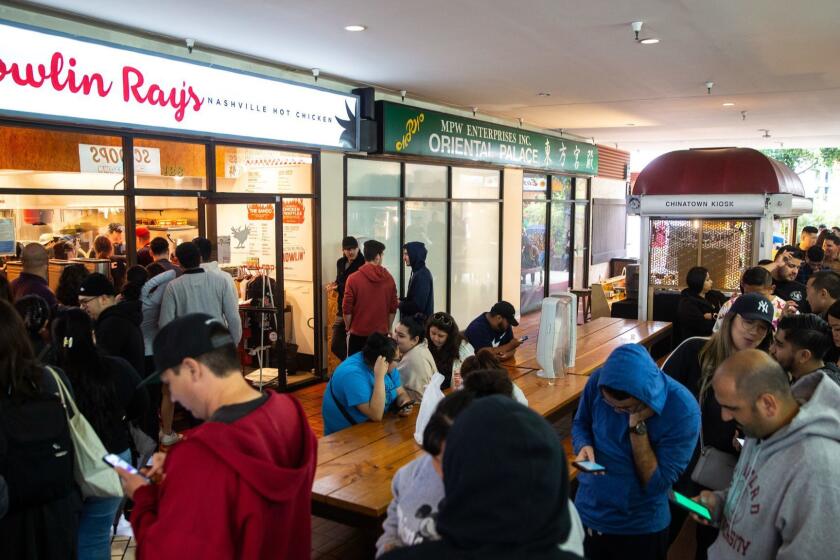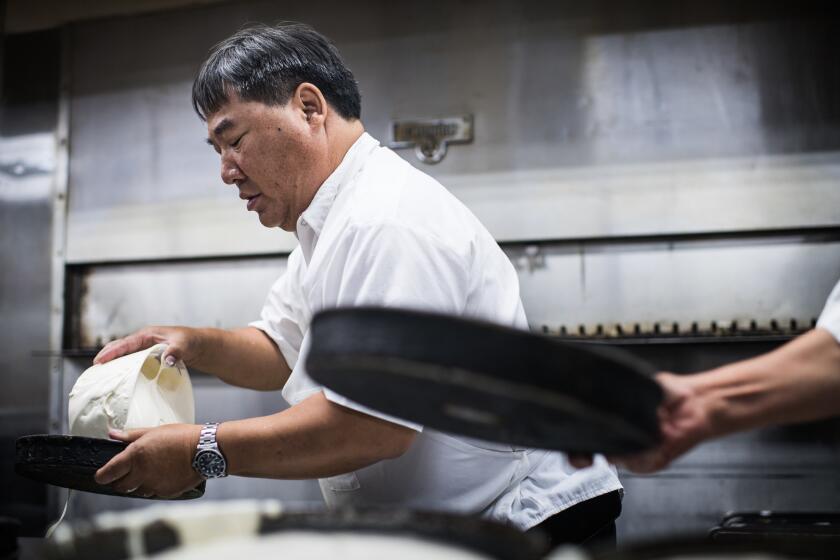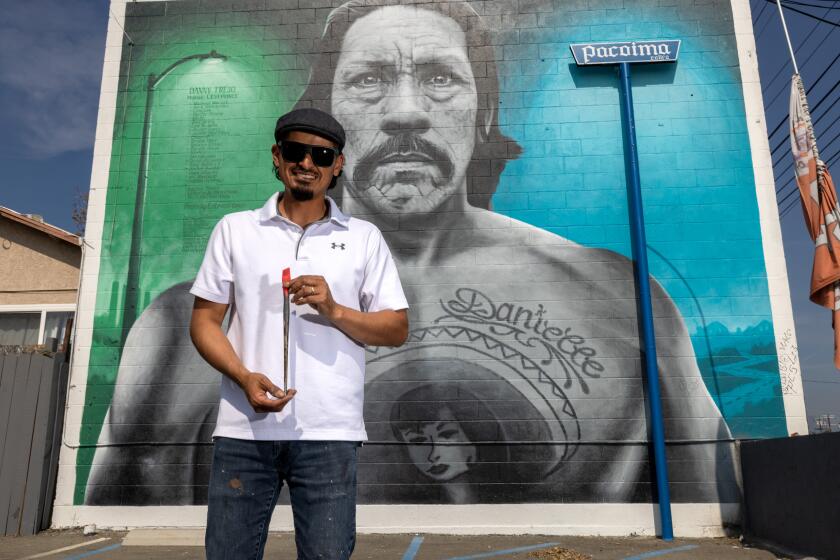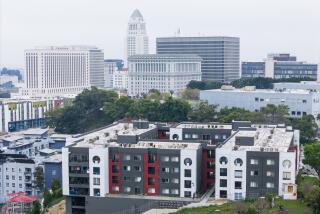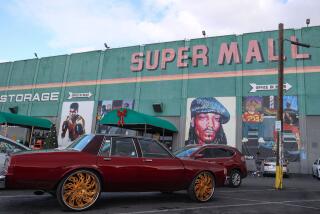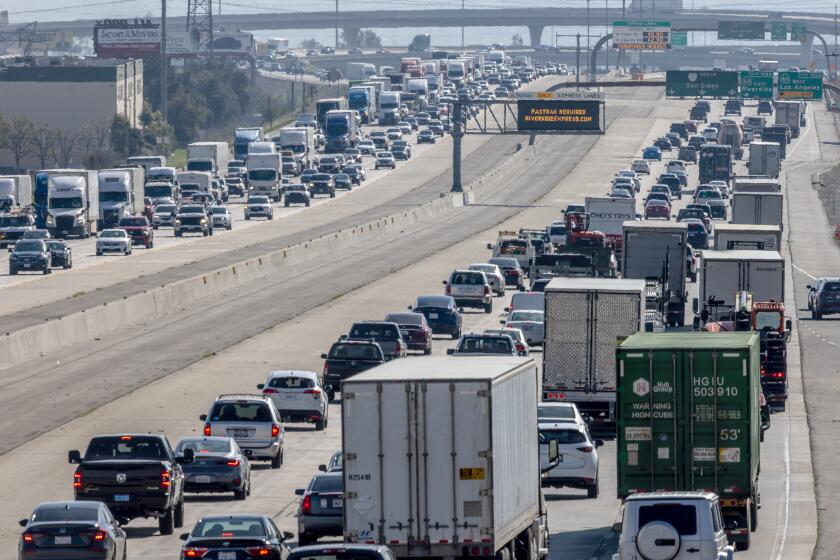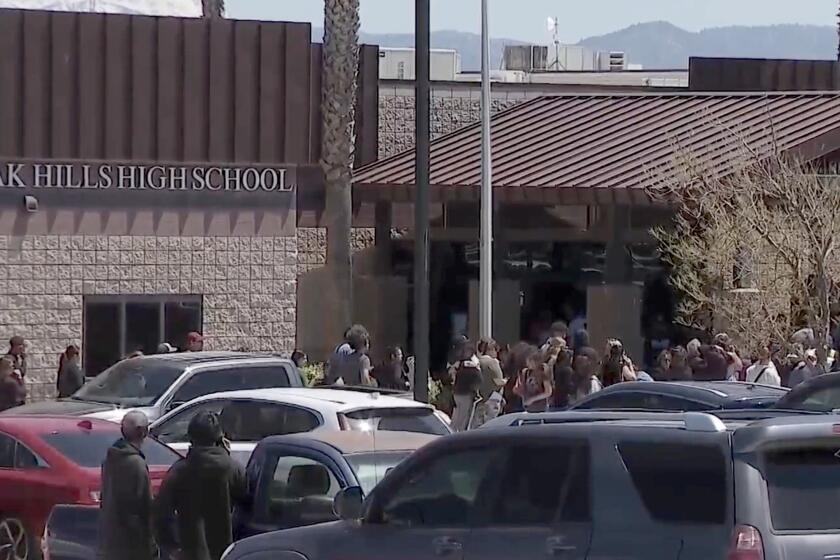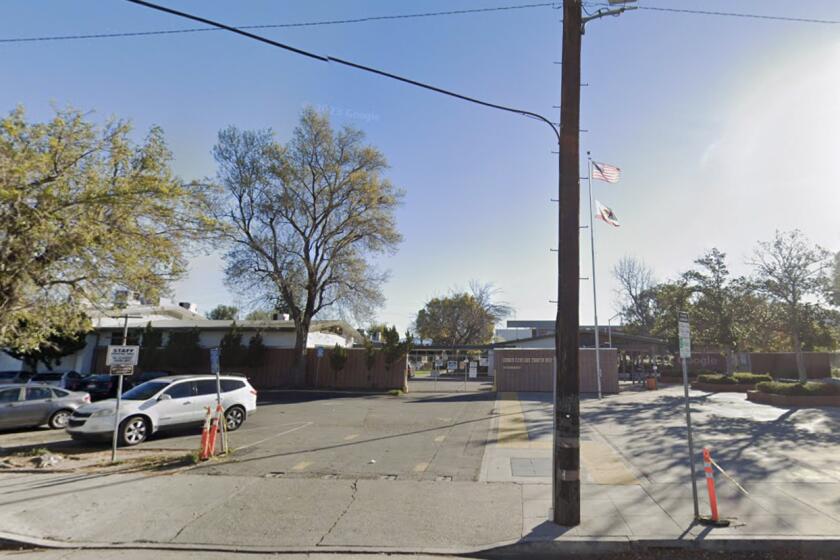Column: Chinatown without Chinese grocery stores, and the delicate balance of ethnic communities
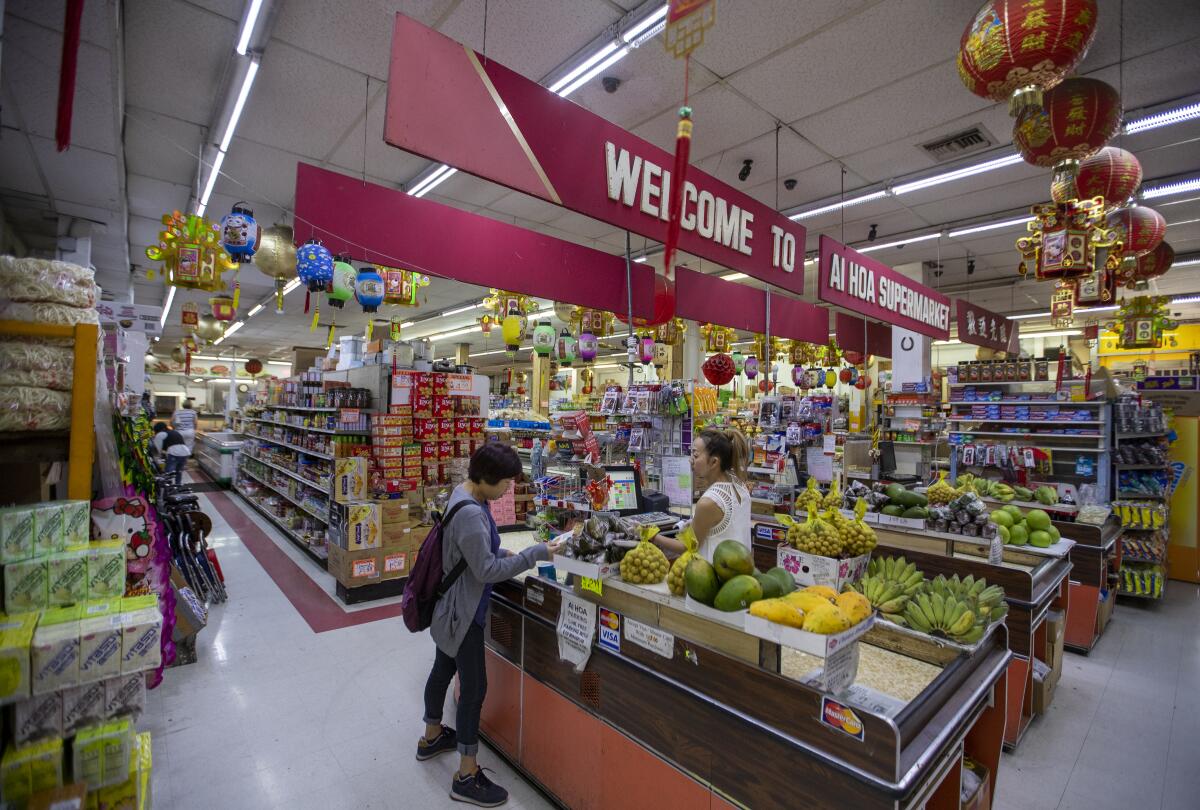
Why does an ethnic neighborhood change?
It’s a question I’ve agonized over in my years reporting on diverse communities for the L.A. Times. Though gentrification and rising rents are often the immediate causes, the ultimate reasons that businesses close and properties change hands are often more complicated.
Sometimes landlords get too old to look after their properties, and their kids are too busy to take over. Or it’s a fine, or a lawsuit, or a fire or another unexpected cost that eats up the thin margins small businesses face. Maybe your customers move away, or start buying your products online.
Sometimes parents just want better futures for their kids and keep them out of the family business. Or bigger houses and better schools in the suburbs beckoned. And oftentimes, it’s because when you grow up poor in a place that makes you feel different, even one as unique as Chinatown, you want nothing more than to leave and never come back.
For G and G Market, one of Chinatown’s last full-service grocery stores, the catalyst appears to be a dispute over a parking spot. Owner Alvin Su says he’s been told to leave by the end of the month.
Su, the owner of the market for the last 12 years, allows customers to park in the narrow alley next to his store. It’s not Su’s parking spot, but his customers never stay long and the previous landlord was fine with it.
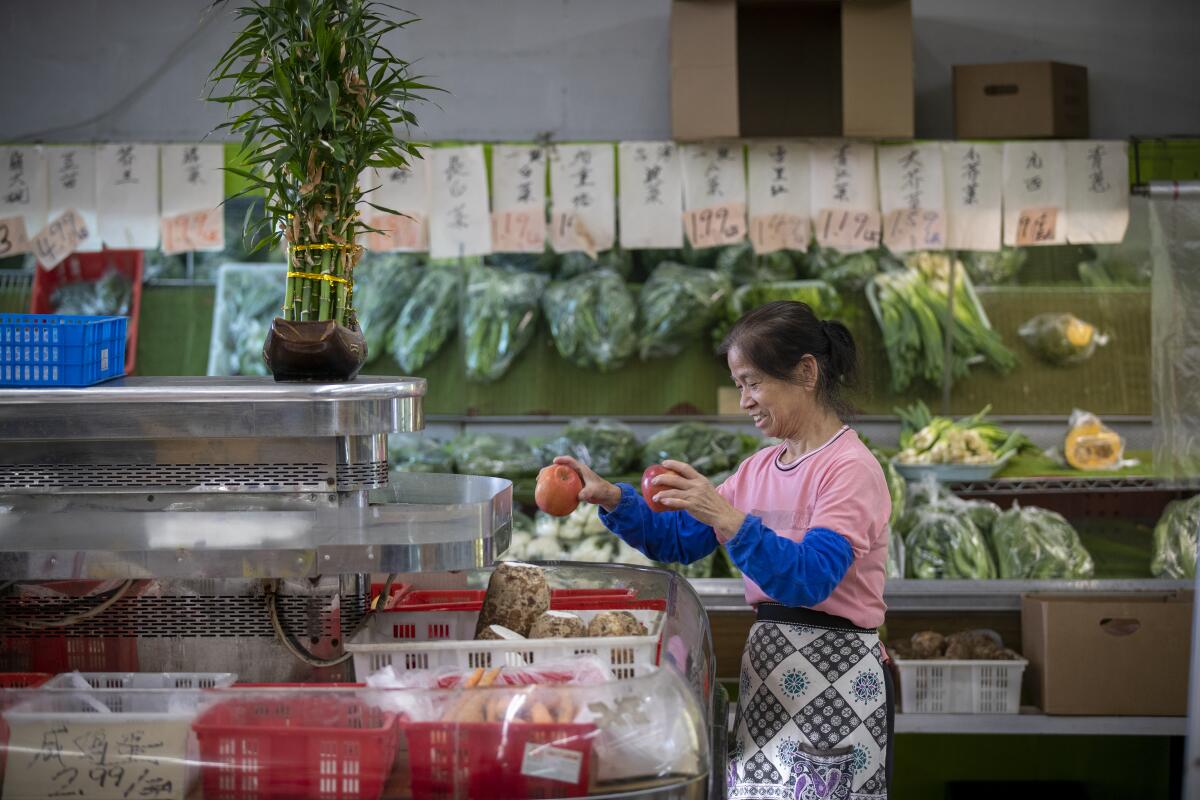
A new landlord took over two years ago, and Su says they’ve argued over the parking spot, as well as the condition of the building’s trash receptacle, which attracts rodents and is sometimes used as a toilet by homeless people.
Su asked the landlord, a company called B.I.G. Group, for a letter stating requirements for the trash upkeep. Su says he never got the letter, but on Sept. 5, he got an eviction notice.
Parking and a new landlord were also a factor for Ai Hoa Market, which is closing and relocating to South El Monte by the end of the year. Linda Hang, 41, the daughter of the market’s owners, says their business suffered when the property owner started charging them several thousand dollars a month for use of the parking lot.
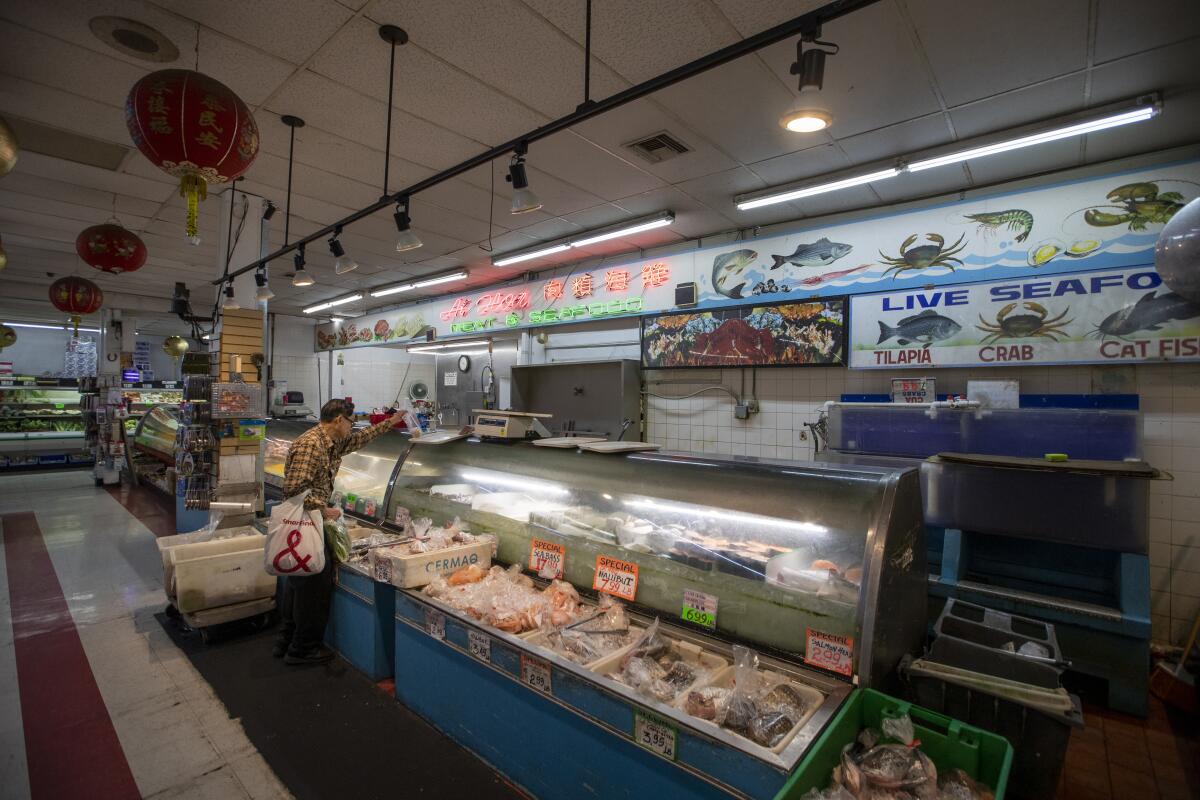
Ai Hoa Market, founded in 1979 by Hang’s uncle, has been a Chinatown fixture for decades. Huy Hang, 75, and Anh Ngo, 70, took over in 1984.
Hang says they tried to negotiate to stay. Many of their customers are seniors without any other options for grocery stores. In addition to charging them for the use of their parking lot, the new landlord, developer Tom Gilmore, raised rents and refused to give them a contract longer than one year.
Gilmore did not respond to a request for comment.
“It’s not that we want to leave. It’s that they gave us no choice,” Hang said.
Su, a Chinese immigrant from Guangdong, came to the U.S. three decades ago. He worked in Chinese restaurants when he first arrived, then took over the grocery store 12 years ago when business in Chinatown was booming, he said. There’s been a grocery store in that space for several decades, he said.
His customers are often low-income Latino or Asian immigrants who come to him because his prices are cheaper and his vegetables are fresh. Customers can buy rice by the cup, for dinner that night, instead of springing for a heavy bag and having to carry it home.
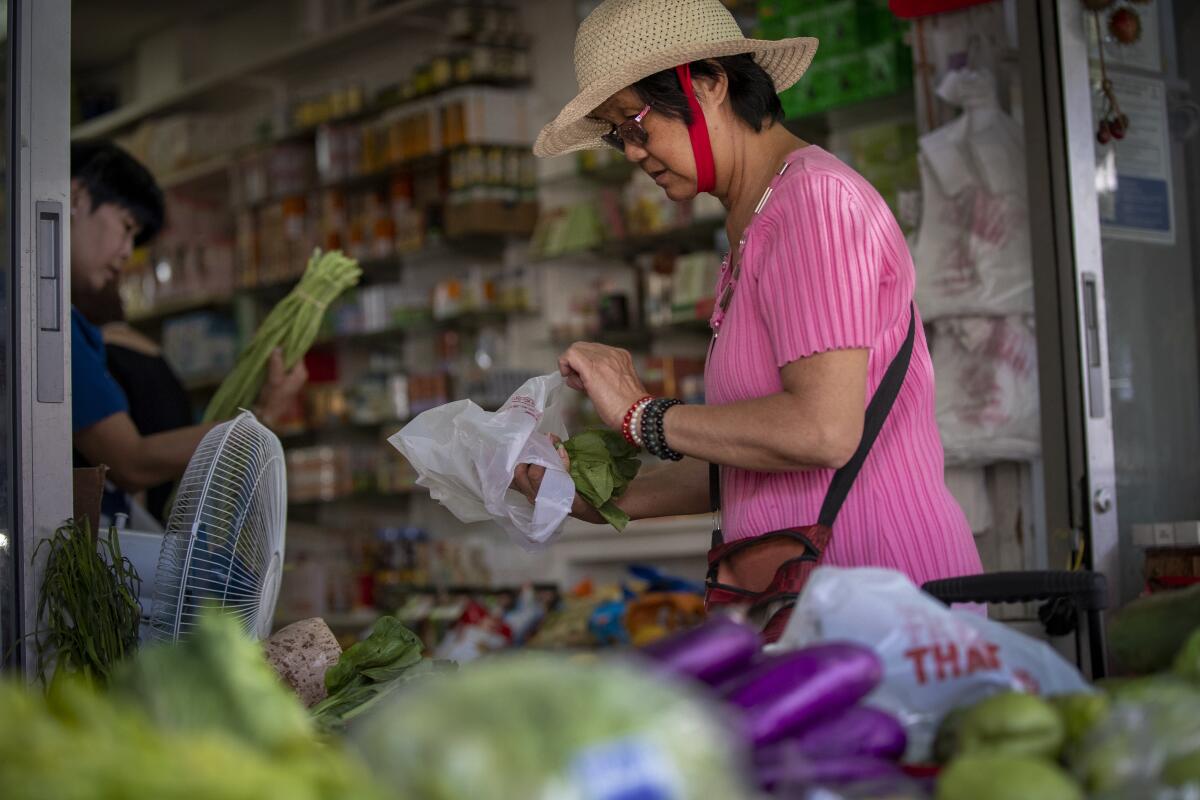
Su says his profits have only gone downhill since he opened — though he says he could have kept the place open for many more years. He brandishes a kohlrabi at me and begins to school me in grocery store economics.
“One-fifth goes to rent,” he says, rotating the kohlrabi on its axis. “One-fifth is wasted because no one buys. One-fifth goes to the wholesale price.”
For the remaining segments of the kohlrabi, Su says, he will get just a few cents.
It’s not that we want to leave. It’s that they gave us no choice.
— Huy Hang, Ai Hoa Market
The grocery store business is difficult. Su is resigned to his fate. He doesn’t know whether he’ll reopen yet. “Měiguó jiùshì zhèyàng,” he keeps saying. America is just like this.
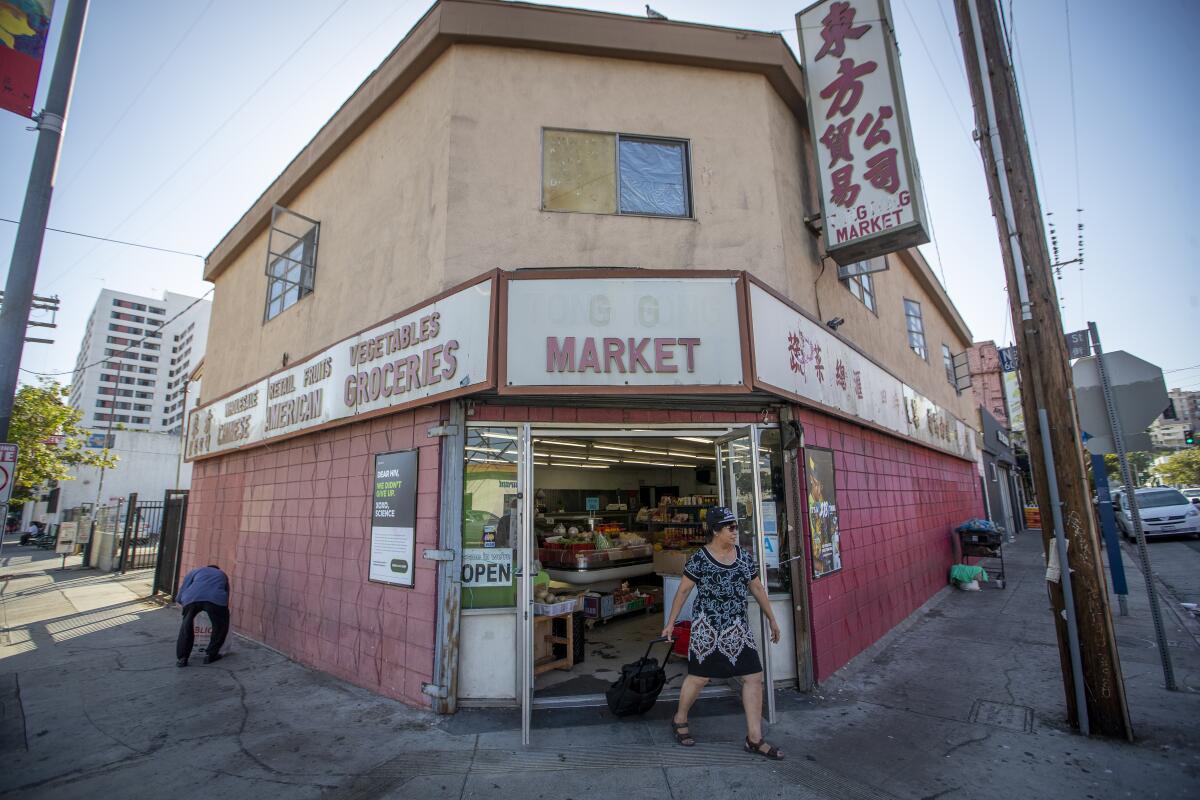
Representatives of B.I.G. Group did not respond to requests for comment. Su, according to others, was not a perfect tenant. Some in the building say he was often rude, and they’re glad to see him leave.
But regardless of where we point the finger, the closure of G and G Market and Ai Hoa Market means that Chinatown will soon be left without a full-service grocery store.
You can still buy fruits and vegetables at a low price at Yue Wa Market nearby and get fresh chicken at Majestic Poultry, but options are dwindling for poor, elderly immigrants in Chinatown who don’t own cars and can’t get themselves to a 99 Ranch. Amy Tran, one of the owners of Yue Wa Market, says her store is too small to serve the whole neighborhood by itself.
It’s only been three years, but the line at Howlin’ Ray’s in Chinatown is already the stuff of legend, a spectacle of stoicism, the world championships of waiting.
The absence of a Chinese grocery store in Chinatown matters because grocery stores act like anchors for ethnic communities. The foot traffic brought by markets sustains barbers, bankers, restaurants, remittance businesses and other culturally specific vendors. Enclave economies exist in a delicate balance that can easily be destabilized by something as petty as a parking spot dispute.
Empress Pavilion, Chinatown’s biggest dim sum restaurant, closed in 2013, in part because repairs from a flooding incident were deemed too expensive. The French Hospital, though it will reopen as a community clinic thanks to a group of San Gabriel Valley doctors, initially closed because the owners balked at the cost of meeting new seismic retrofitting requirements.
Ethnic enclaves such as Chinatown, Little Tokyo, Historic Filipinotown and Boyle Heights find themselves directly in the path of change because they’re located in the urban core of the city where redevelopment is most intense, said UCLA professor Paul Ong, who studies ethnic economies.
Many of the immigrants who remain in those neighborhoods, especially the elderly population, have no similarly affordable place to move. Our choice is to include them in the neighborhood’s future, or let them be displaced.
“There’s still a need for these culturally specific services in the urban core. But the question is, are we going to see these needs served?” Ong asked.
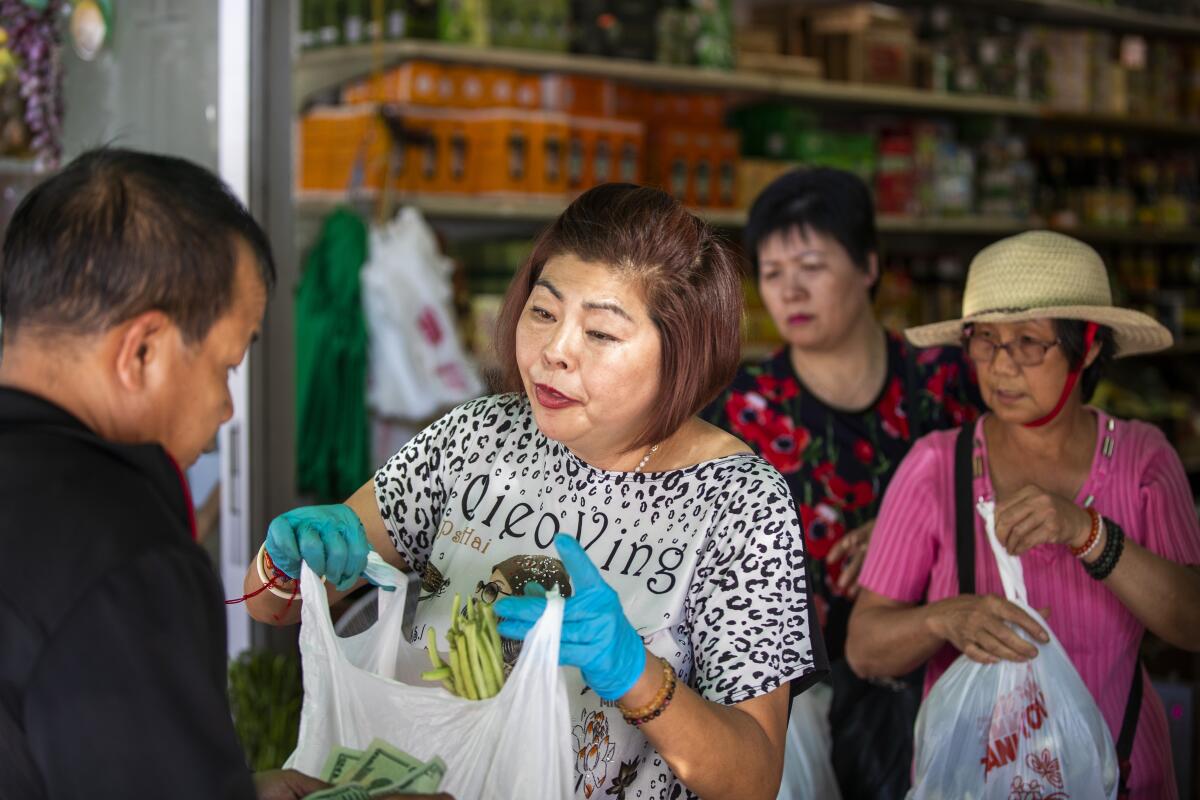
Change is inevitable, and that’s especially true for immigrant communities, which have always risen and fallen according to immigration patterns. But that just makes it all the more important for us to decide what we’d like to keep around and act on it.
Every few months, I find myself walking Broadway, catching up with some of the vendors I’ve interviewed before. A sense of economic despair and resignation pervades. Sometimes I wonder whether it’s even possible to craft a future for the neighborhood that includes them.
A lot of people feel like the economy has left them behind and don’t know how to catch up. On their shelves are the previous decade’s big moneymakers — tinkling meditation balls, replica swords, qipaos and noisemakers.
Some of them ask me what they can do to get new customers, and I’m often drawn into long conversations about the internet, the effects of social media, smartphones and Yelp. I even made an Instagram business account for Mary Lu Wang, the proprietor of Jadetime E-gift, while reporting a column this summer.
After the column ran, she ended up with more than 200 followers. A reader came by the store and helped her put up another post the following week.
But she hasn’t posted since. She isn’t sure how to follow people or find new customers, and sales remain pretty flat.
“I can listen. I have ideas. But I just don’t know how to do it myself,” Wang said.
Then she asked me when I’d next have time to come by the shop — she wants me to help her set up her account so she can sell things through Instagram.
I told her I’d try to come by next week.
More from Frank Shyong
More to Read
Start your day right
Sign up for Essential California for news, features and recommendations from the L.A. Times and beyond in your inbox six days a week.
You may occasionally receive promotional content from the Los Angeles Times.
